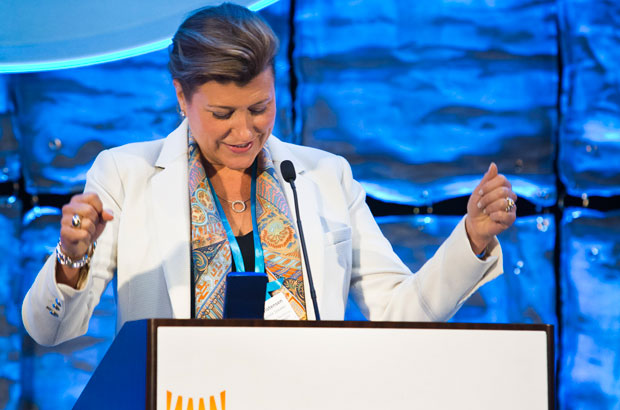Renewable energy employs over 8 million worldwide
SEIU votes to make climate action a priority, California tests zero-net-energy homes, Australian coal CEOs defect to solar and energy efficiency, and more news of the week in climate and clean energy.






